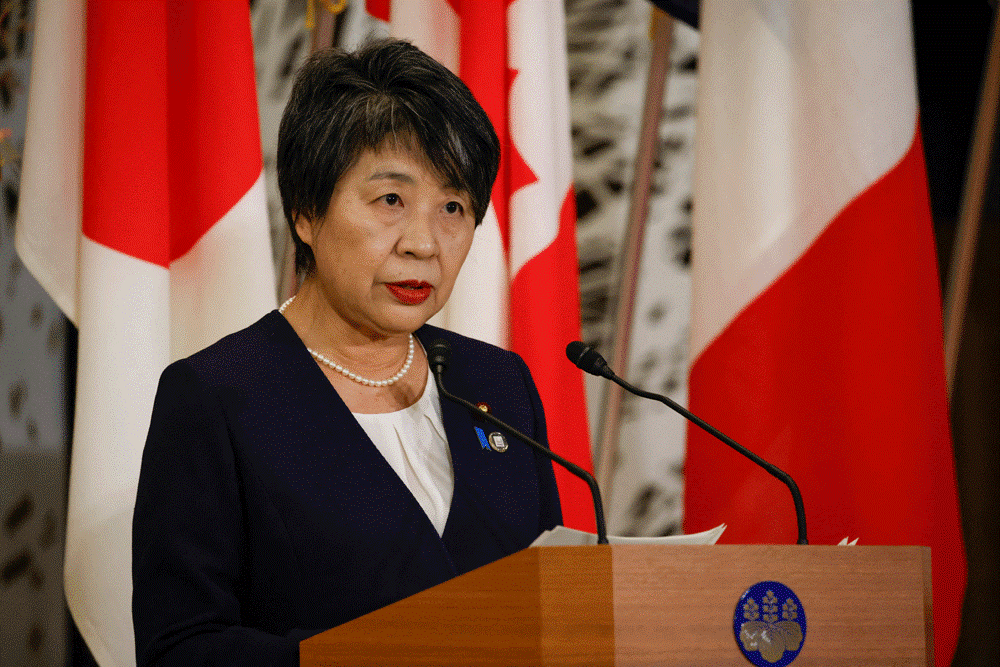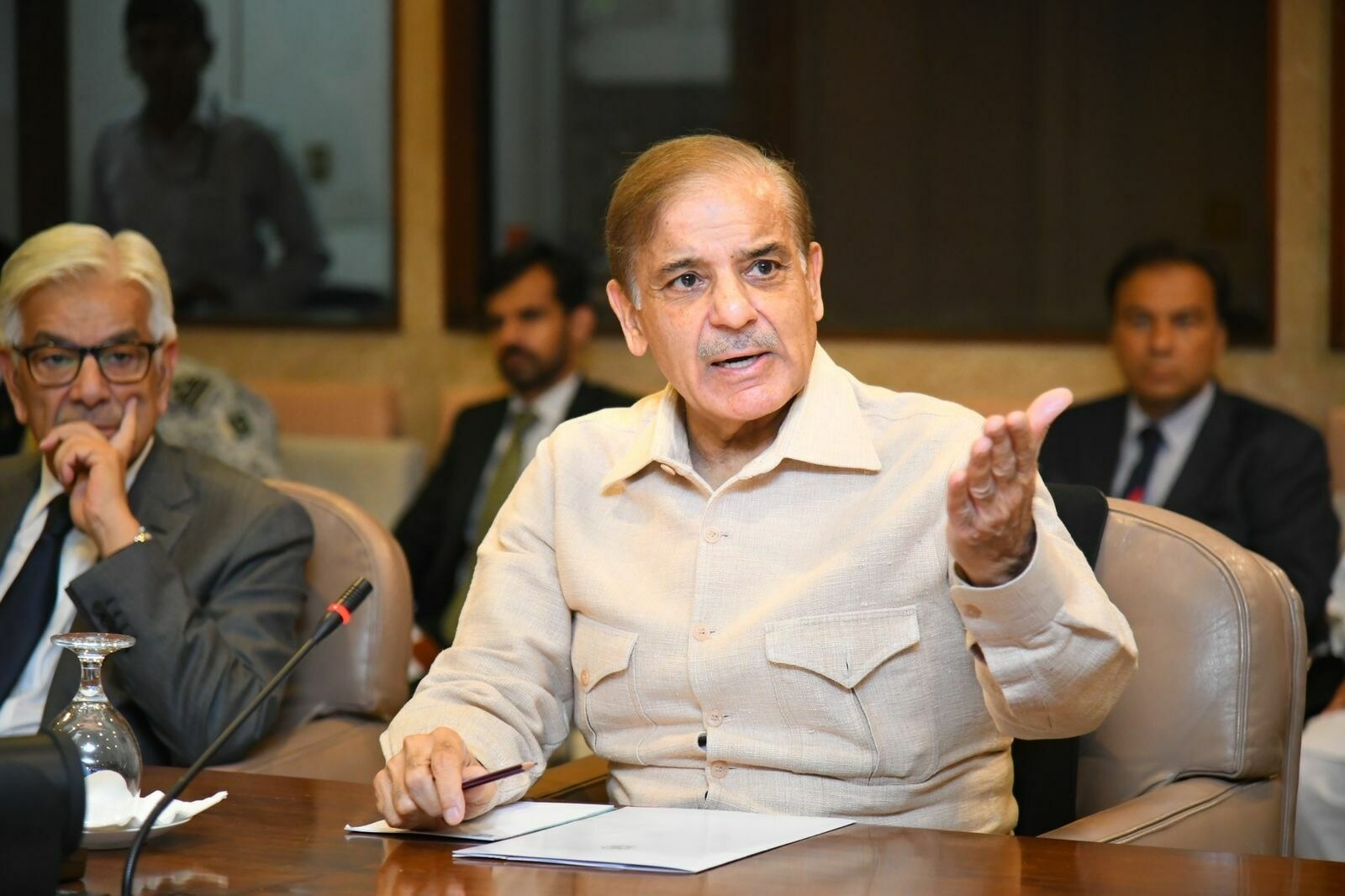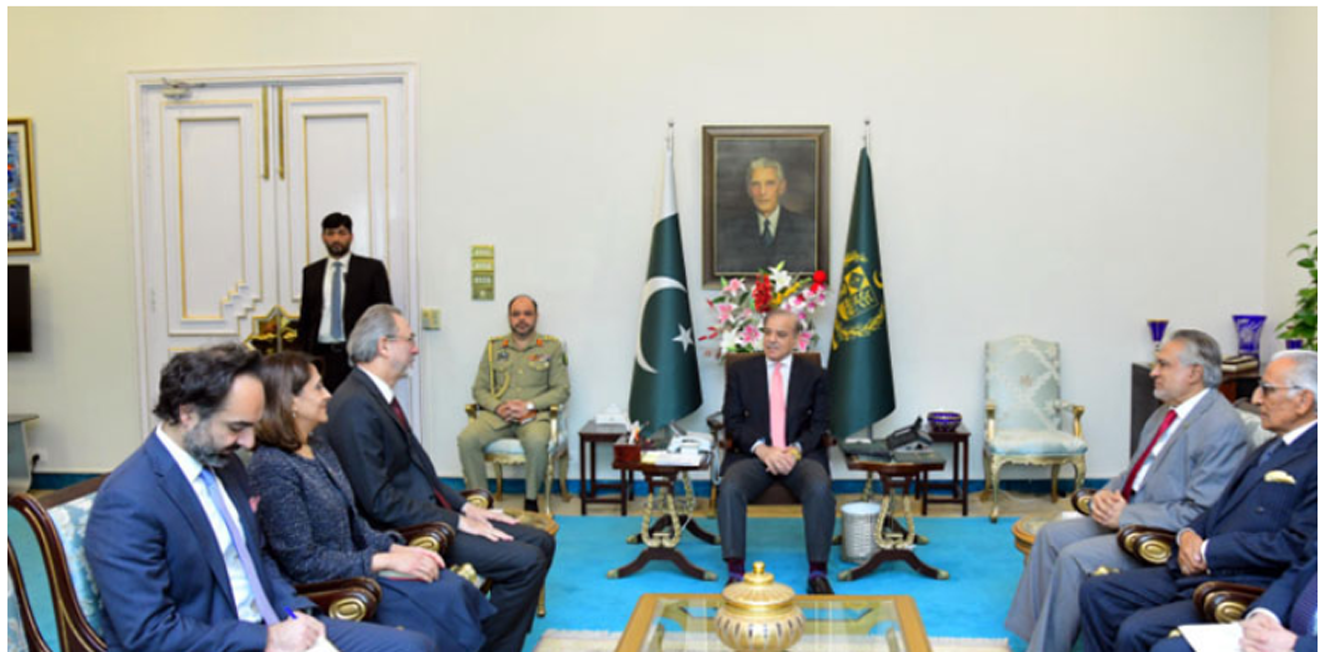PTBP Web Desk
US President Donald Trump has announced he will meet Russian President Vladimir Putin on August 15 in Alaska to negotiate an end to the war in Ukraine. The meeting, confirmed by both Washington and Moscow, will focus on achieving a long-term peaceful resolution to the conflict that has raged for over three and a half years.
The announcement came after Trump suggested that Kyiv and Moscow were close to a ceasefire deal, possibly involving territorial adjustments. Speaking to reporters at the White House, Trump said:
“There’ll be some swapping of territories to the betterment of both.”
While Trump appeared optimistic, Ukrainian President Volodymyr Zelenskiy responded firmly, stating that his country’s constitution prohibits the surrender of any territory.
“Ukrainians will not gift their land to the occupiers,” Zelenskiy said in a Saturday address.
The Kremlin confirmed the Alaska summit in an official statement, with Putin aide Yuri Ushakov saying the two leaders will “focus on discussing options for achieving a long-term peaceful resolution to the Ukrainian crisis.” Ushakov acknowledged the complexity of the negotiations but pledged that Russia would engage “actively and energetically.”
Zelenskiy, in a separate video statement posted to his Telegram channel, warned against any deal made without Ukraine’s direct participation.
“Any decisions without Ukraine would be decisions against peace… We all need real and genuine peace.”
The Ukraine war traces back to late 1980s tensions, which escalated in 2014 when Russia annexed Crimea. The conflict intensified in 2022 when Moscow launched a full-scale invasion, later claiming control over Luhansk, Donetsk, Zaporizhzhia, and Kherson — though Russian forces do not fully occupy all these territories.
Earlier this year, Bloomberg News reported that US and Russian officials were exploring a deal that would formalize Moscow’s control over occupied areas in exchange for halting offensives. The White House dismissed this as “speculation,” and the Kremlin declined to comment at the time.
For Kyiv, losing roughly a fifth of its land would be a politically and emotionally painful concession. Tyson Barker, a senior fellow with the Atlantic Council and former US State Department envoy for Ukraine’s economic recovery, said any such proposal would likely be “immediately rejected” by Ukrainians.
“The best the Ukrainians can do is remain firm in their objections while showing gratitude for American support,” Barker explained.
According to Bloomberg’s earlier outline, Russia would stop its advance in Kherson and Zaporizhzhia along current battle lines — a move seen by some analysts as a possible “conflict freeze” rather than a final resolution.
This will be the first high-stakes diplomatic summit in Alaska since March 2021, when US and Chinese officials met in Anchorage under President Joe Biden. That meeting quickly turned into a tense public exchange, highlighting strained relations between Washington and Beijing.
Trump, since returning to the White House in January, has sought to improve ties with Moscow while pursuing an end to Europe’s deadliest conflict since World War Two. His tone toward Putin has alternated between praise and criticism, reflecting frustration over Russia’s continued military operations.
In recent weeks, Trump threatened to impose new sanctions and tariffs on Russia and its trading partners if Putin refused to halt the war. On Wednesday, his administration introduced a 25% tariff on goods from India in response to its imports of Russian oil — the first such penalty in Trump’s second term.
Trump’s special envoy Steve Witkoff met with Putin in Moscow on Wednesday for three hours of talks described by both sides as “constructive.”
Polish Prime Minister Donald Tusk, a staunch supporter of Ukraine, said after meeting Zelenskiy that there are “signals” a conflict freeze might be approaching.
“There are hopes for this,” Tusk told reporters, while stressing that Kyiv remains cautious but optimistic.
Ukraine is urging that Poland and other European allies play a direct role in shaping any ceasefire or peace settlement to ensure their interests are safeguarded.
The Alaska talks could mark a turning point in the Ukraine conflict — or merely another stage in prolonged diplomacy. While Trump is pushing for a deal that might involve territorial concessions, Kyiv’s position remains resolute: no peace agreement can come at the cost of its sovereignty.
The challenge for all parties will be finding a formula that addresses security guarantees, reconstruction, and political legitimacy while avoiding a repeat of the frozen conflicts that have plagued other post-Soviet regions.
As August 15 approaches, the world will watch closely to see whether Trump and Putin’s Alaska meeting can deliver a breakthrough — or whether the war in Ukraine will continue into its fifth year.




